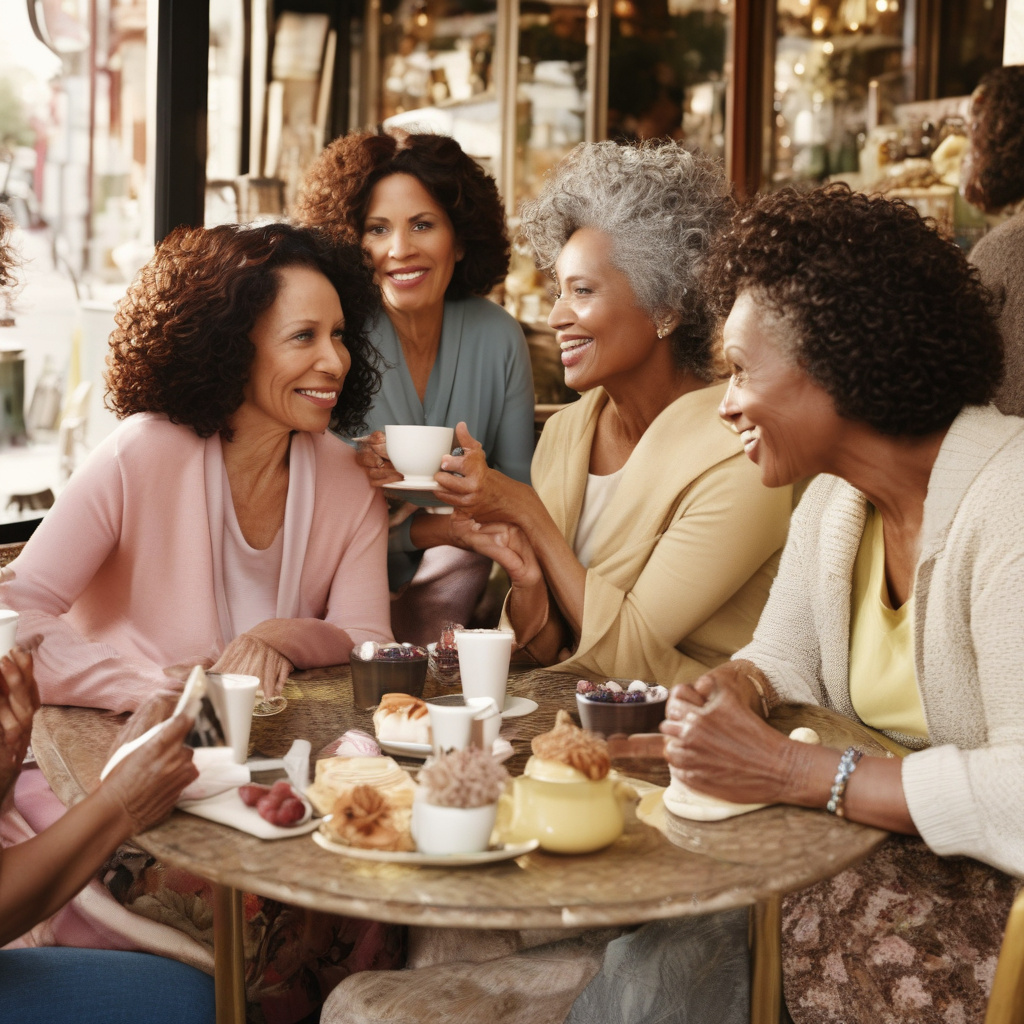Beauty’s Great Menopause Conundrum
The beauty industry is no stranger to trends and shifts in consumer preferences. Over the past half decade, one particular trend has been making waves – menopause. Traditionally a topic shrouded in secrecy and stigma, menopause is now being embraced by a new crop of beauty brands looking to cater to this often overlooked demographic. However, the journey has been a bumpy one, with results that are as mixed as the experiences of menopausal women themselves.
Menopause, typically occurring in women between the ages of 45 and 55, brings with it a host of changes – both physical and emotional. From hot flashes to mood swings, the symptoms of menopause can vary widely from woman to woman. Despite the fact that nearly every woman will go through menopause at some point in her life, the beauty industry has been slow to address the specific needs of this demographic.
In recent years, however, a shift has been observed. A new wave of beauty brands is seeking success by specifically targeting menopausal women. These brands are taking a holistic approach to beauty, recognizing that the changes brought about by menopause go far beyond just skincare concerns. Instead of simply focusing on anti-aging products, these brands are looking to address the hormonal imbalances that can wreak havoc on menopausal skin.
One key strategy that these brands are employing is to embrace hormones. Hormone replacement therapy (HRT) has long been used to help alleviate the symptoms of menopause, but now, beauty brands are incorporating hormone-balancing ingredients into their products. Ingredients like phytoestrogens, which mimic the effects of estrogen in the body, are being touted for their ability to help restore balance to menopausal skin.
Another demographic that beauty brands are increasingly looking to target is ageing Millennials. While traditionally associated with youth and vitality, Millennials are now entering their 40s and are beginning to experience the signs of ageing. This cohort is more informed and discerning than previous generations, and they are looking for products that not only deliver results but also align with their values. By catering to this demographic, beauty brands are able to tap into a growing market of consumers who are willing to invest in their skincare routines.
In addition to embracing hormones and targeting ageing Millennials, another key trend in the beauty industry is the rise of telemedicine. With the COVID-19 pandemic accelerating the shift towards virtual consultations, beauty brands are increasingly turning to telemedicine as a way to connect with consumers. This allows menopausal women to consult with healthcare providers and skincare experts from the comfort of their own homes, making it easier than ever to access the products and treatments they need.
While the journey to successfully cater to menopausal women has been a challenging one, the beauty industry is making strides in the right direction. By embracing hormones, targeting ageing Millennials, and leveraging telemedicine, a new crop of brands is seeking to revolutionize the way we think about menopause and beauty. As the industry continues to evolve, it will be interesting to see how these trends shape the future of beauty for menopausal women.
menopause, beauty industry, skincare, hormonal imbalance, ageing Millennials, telemedicine












